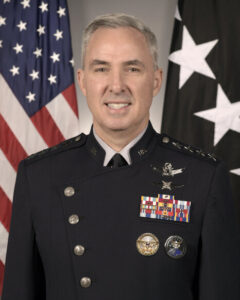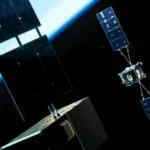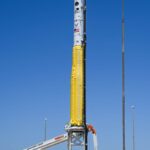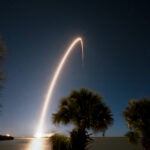
COLORADO SPRINGS, Colo.—U.S. Space Command top priority is to be combat ready by 2027 and command and control (C2) tops the list of capabilities that must be improved by then, Gen. Stephen Whiting, Space Command’s chief, said this week. Maximizing combat readiness requires improving all the command’s capabilities “so that we can stitch them together seamlessly when called upon,” which is “referred to as closing the kill chain,” Whiting told attendees on Tuesday at the Space Symposium. Later, during a…

 By
By 











